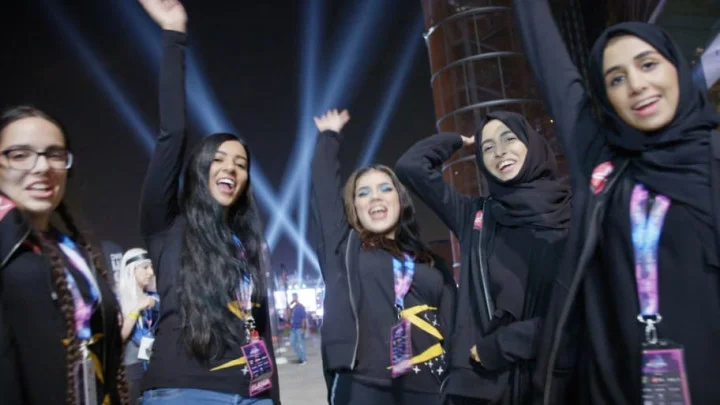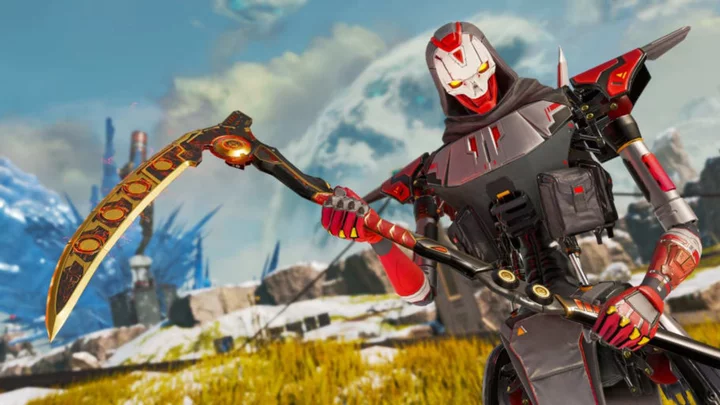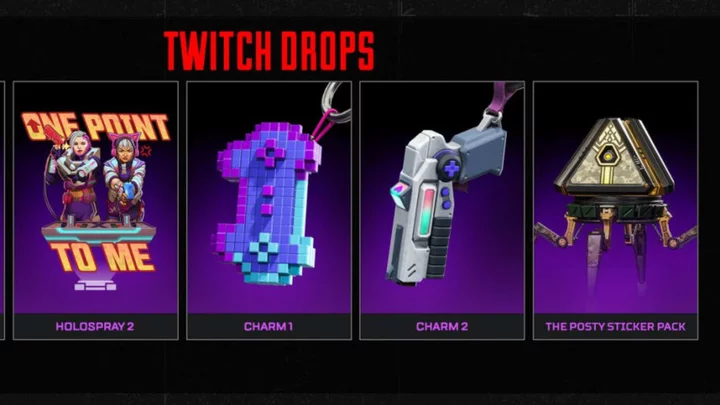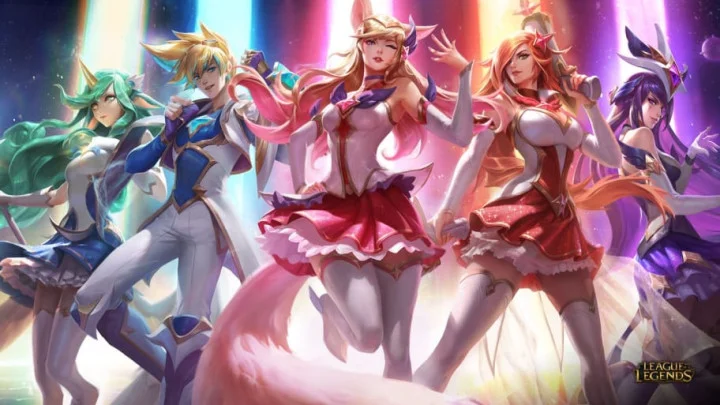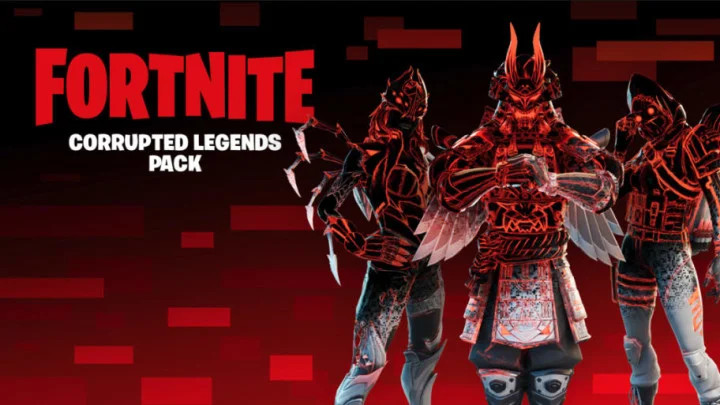Spotlight beams cut through the hot air and shoot into the Dubai night sky, and the Meydan arena stage lights up as the League of Legends Champion selection screen appears on the jumbo screen. At the start of a jam-packed weekend of games, booths, cosplay contests, and more, the audience watches in anticipation as the first match of the GIRLGAMER 2020 Esports Festival in Dubai begins. On opposing ends of the stage sit Out of The Blue, a team from Madrid, and Galaxy Racer, competing at their first ever competition as a team.
GIRLGAMER is an international esports festival dedicated to celebrating women in competitive gaming. The festival launched in 2017, and has since hosted League of Legends and Counter Strike: Global Offensive competitions all over the world in South Korea, Spain, Australia, Singapore and, in 2020, Dubai in the United Arab Emirates. As the hosting country, the United Arab Emirates was entitled to enter a team, but didn't have any female esports teams of their own; in fact, there had never been a female esports team from any country in the Middle East up to this point.
Esports in the Middle East
The Middle East itself is a region severely under-represented in the world of competitive esports. This is not to say that those in the Middle East lack an interest in gaming — according to a worldwide study conducted in 2021, 90% of those with internet access in the UAE play some sort of video game, and this number goes up to 91% in Saudi Arabia, placing the two as the 10th and 8th highest countries on the list, respectively. Despite this, recent studies showing the leading countries in esports based on their number of active esports competition players don’t feature any Middle Eastern countries within their dataset, making it the only one of the world’s major regions to go unrepresented.
The reason for this may be due to technical obstacles rather than a lack of interest. Several big competitive games like League of Legends, PUBG, and Overwatch don’t have any servers in the Middle East. Players often have to pick between East Asian or European servers, giving them a higher ping (the latency between a player’s computer and the game’s server) and putting them at an immediate disadvantage. For games that do have Middle Eastern servers, other issues may arise. DOTA 2, for example, doesn’t allow players on their Dubai servers to play ranked games. Additional region-based difficulties seem to continuously plague Middle Eastern players. Earlier this year, Twitch blocked all payments going out to Middle Eastern-based streamers because of “certain tax information” discrepancies.
Despite these difficulties, thousands of gamers in the Middle East still attempt to pursue the career professionally. While male teams had been popping up in the region for several years, female teams were non-existent, despite females making up 44% of gamers in the Middle East-North African market.
Six months before GIRLGAMER Dubai, that changed with the creation of “Galaxy Racer”: a group of five women aged 17 to 24, all from various countries in the Middle East, put together by local organizing group Galaxy Racer Esports alongside the UAE government. One of the main reasons the creation of this team was possible was thanks to Madiha Naz.
The Creation of Galaxy Racer
Madiha “Madi XO” Naz is a Pakistani League of Legends player born in the United Arab Emirates. A member of the original Galaxy Racer team that competed at GIRLGAMER, Madiha is the first female esports player from the Middle East, and one of the primary advocates for the creation of Galaxy Racer.

